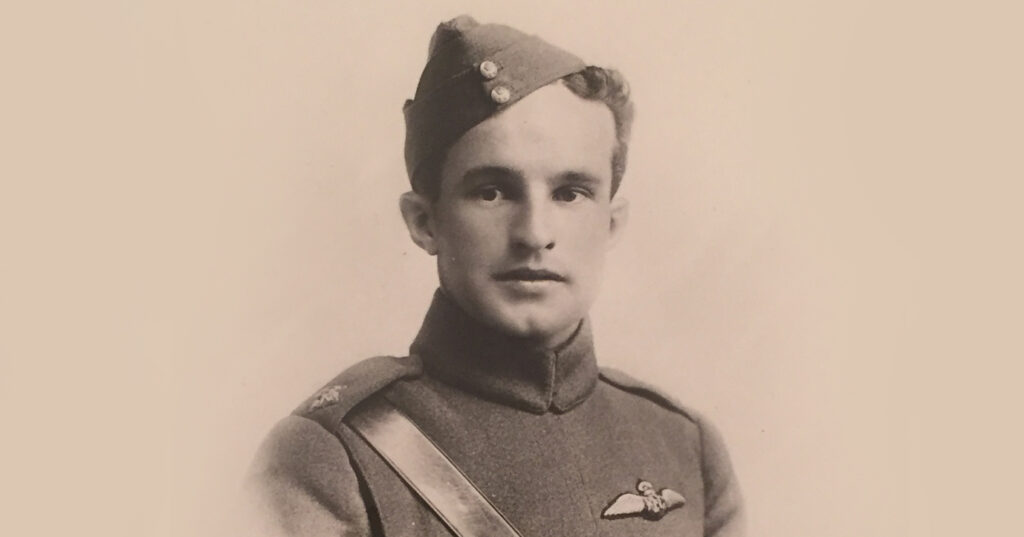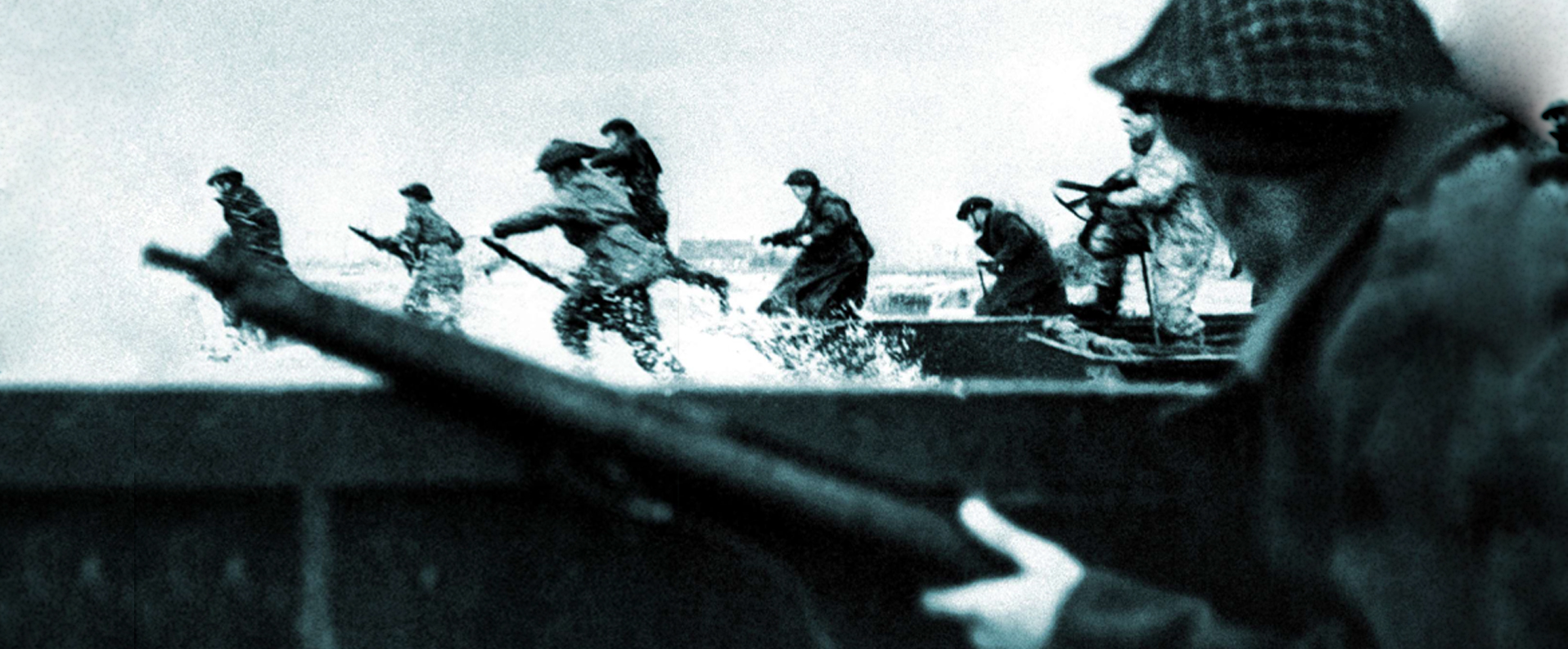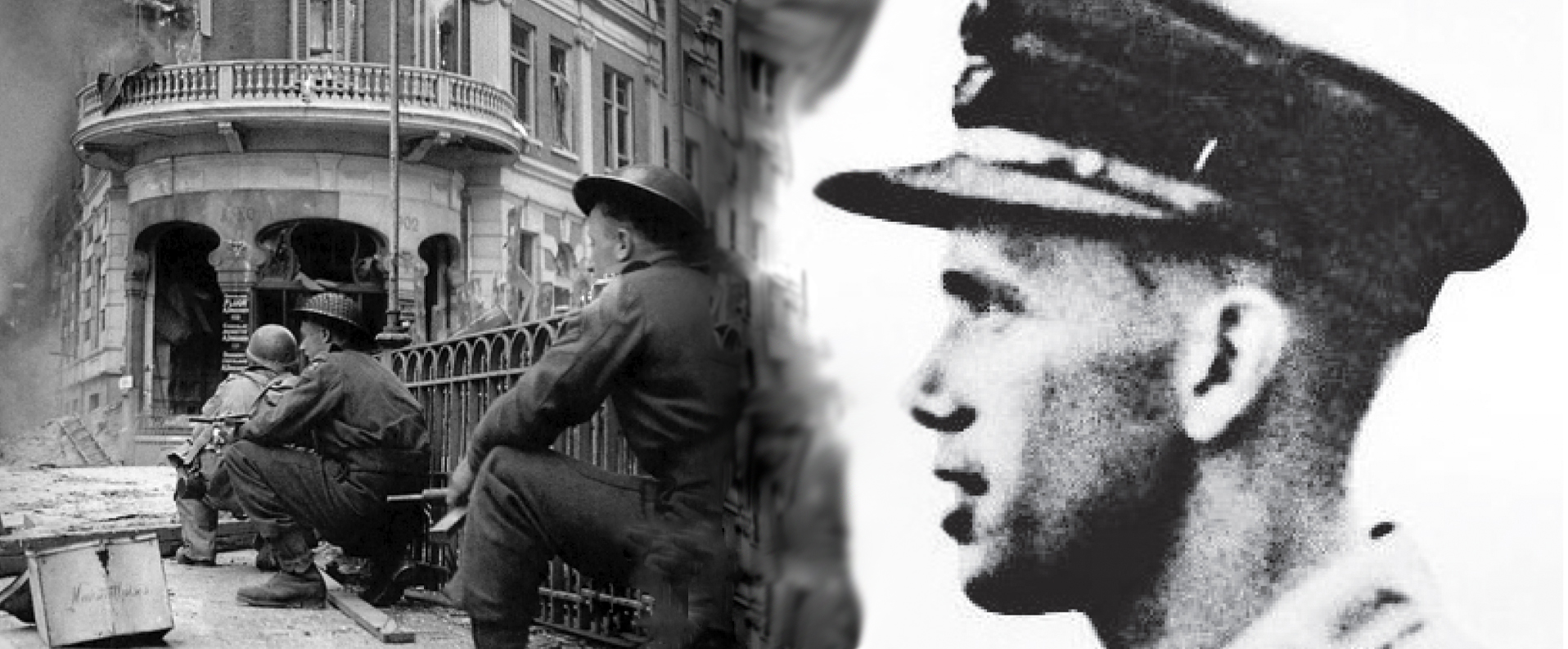
Published in The Daily Telegraph on 15 October 2016.
Flight Lieutenant Andrew Weatherby Beauchamp Proctor
The Victoria Cross awarded to an Allied fighter pilot from the Great War has become the 200th such decoration in Lord Ashcroft’s collection. Here, he tells the extraordinary story of bravery behind the medal group awarded to a heroic South African.
Powered flight was little more than a decade old when Flight Lieutenant Andrew Beauchamp Proctor took part in life-or-death dogfights in the skies over Europe. By the end of the Great War, he was a veteran.
Such was his brilliance and courage in the air during the first eight months of 1918 that Beauchamp Proctor ended the war as the sixth highest-scoring Allied ace of the conflict, with 54 victories. He was also one of the war’s most decorated pilots.
So I am delighted to have become the privileged custodian of the gallantry and service medals awarded to Flight Lieutenant Andrew Beauchamp Proctor VC, DSO, MC & Bar, DFC.
The courageous South African pilot’s VC is the 200th in the Ashcroft VC Collection and, like the other 199, it will go on public display at the Imperial War Museum, London.
Even as a member of a “club” where the minimum qualification for membership is to be the “bravest of the brave”, Beauchamp Proctor’s wartime exploits are quite extraordinary.
Headmaster’s son Andrew Frederick Weatherby Proctor – his full name at birth – was born in the small port of Mossel Bay, Cape Colony, South Africa, on September 4, 1894. He was educated in South Africa and, at the outbreak of the First World War in August 1914, he was, aged 19, studying for an engineering diploma at the South African College School.
Eager to play his part in the Allied cause, Proctor broke off from his studies and enlisted as a signaller into the Duke of Edinburgh’s Own Rifles (‘The Rifles’) in October 1914, having just turned 20.
Proctor, just 5ft 2ins tall and at this time preferring to be called “Frederick” rather than “Andrew”, played a full part in the German South-West Africa campaign which saw the enemy defeated and Proctor demobbed in August 1915 so he could resume his studies.
Late in 1916, Proctor took some personal decisions relating to his name. He dropped “Frederick” on the grounds that it sounded too Germanic and also adopted a double-barrelled surname, becoming known as “Andrew Weatherby Beauchamp Proctor”.
Keen “to do his bit’ as the war dragged on, he responded to a British recruiting campaign and volunteered for the Royal Flying Corps (RFC). On March 12 1917, he attested as an air mechanic, 3rd class, before sailing to England for pilot training, eventually joining 84 Squadron, RFC.
His lack of height caused problems: he was too short to reach the rudder bar and sat too low in his seat for a cockpit view. However, he overcame these issues with a few adjustments to his aircraft.
On September 24 1917, the squadron, equipped with SE5A Scouts, arrived in the war zone, but Beauchamp Proctor saw Christmas 1917 and the New Year pass without the evidence to give him the solo victory that he desired.
His fortunes changed during an afternoon patrol on January 3 1918, when he spotted an enemy two-seater. Beauchamp Proctor attacked it and witnesses saw it spiral into the ground – his first confirmed “kill”.
In February, he took part in an action for which he was later awarded the Military Cross (MC), when he attacked a fleet of enemy scouts. By March, he had eight confirmed “kills”, but almost perished himself in a landing accident.
On April 1 1918, the date on which the Royal Air Force (RAF) was created, Beauchamp Proctor was promoted to lieutenant. A week later, he was promoted to acting captain and flight commander. On May 28, he was awarded, “in the field”, a Bar to his (yet unannounced) MC, after achieving six “kills” in a single week.
On August 3, Beauchamp Proctor became one of the earliest recipients of the Distinguished Flying Cross (DFC), when his citation paid tribute to a “brilliant and fearless leader of our offensive patrols.”
Between August 8 and October 8, Proctor was victorious in an astonishing 26 combats, this eventually resulting in his VC – announced, along with his Distinguished Service Order (DSO) – in November 1918. His VC citation stated: “Captain Beauchamp-Proctor’s work […] has been almost unsurpassed in its brilliancy”.
His astonishing run of success was brought to an end by a serious wound to his arm that he received on October 8 1918, the result of a surprise attack by eight German fighters. Weaving and twisting, Beauchamp Proctor managed to use his one good arm to get away from his pursuers and to land.
Perhaps the most affectionate tribute to the young pilot came from Major Sholto Douglas, his CO, who said: “For all his size, that little man had the guts of a lion.”
His final total of 54 victories made him the joint sixth highest Allied ace of the war and with just two German pilots, including the legendary Manfred von Richthofen, the “Red Baron”, claiming a higher official “kill” count.
After being discharged from hospital in March 1919, Beauchamp Proctor embarked on a lecture tour of the United States. He received his VC from George V at Buckingham Palace in November 1919.
After spending a year’s leave in his native South Africa, Beauchamp Proctor returned to Britain to resume his RAF career. In 1921, he was chosen to take part in the second annual RAF Tournament at RAF Hendon. On June 21, while rehearsing at RAF Upavon for the display the next day, and at the top of a loop, Beauchamp Proctor’s aircraft fell away and crashed into a Wiltshire meadow. “Proccy”, as he was affectionately known, was just 26 when he died.
As stated earlier, this outstanding medal group has become the 200th VC in my collection. The VC was instituted by Queen Victoria in 1856 to reward exceptional bravery in the Crimean War. Over the past 160 years, 1,358 VCs have been awarded (not including the recent and separate VCs from Australia, New Zealand and Canada).
My first VC purchased at auction, in 1986, was intended as a one-off but my passion for bravery, in general, and the VC, in particular, has meant I embarked on building a collection.
Some medal experts have valued my VC collection, the largest of its kind in the world, at around £50 million. To me, however, the collection is priceless. I treasure every medal group because I firmly believe that the incredible courage of men like Beauchamp Proctor must be cherished and never forgotten.
Read this article on www.Telegraph.co.uk
For more information, visit:
LordAshcroftOnBravery.com


